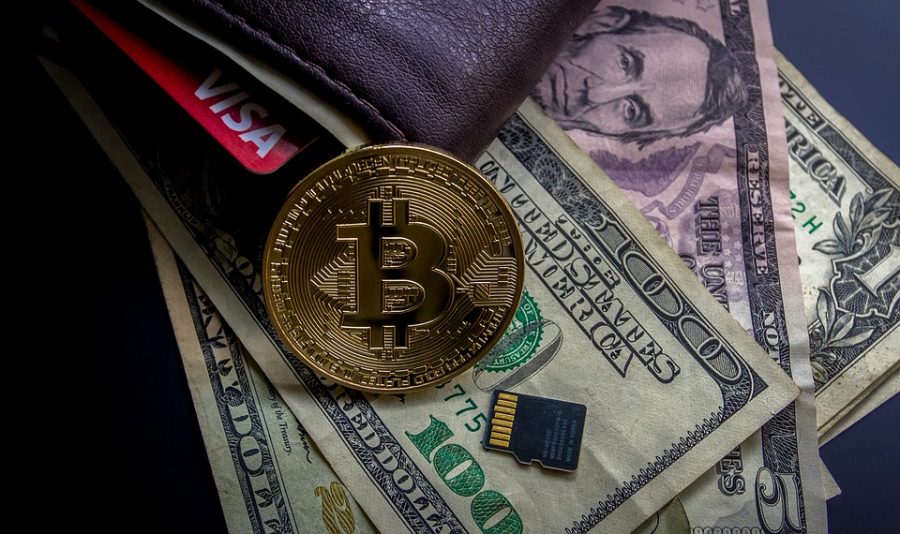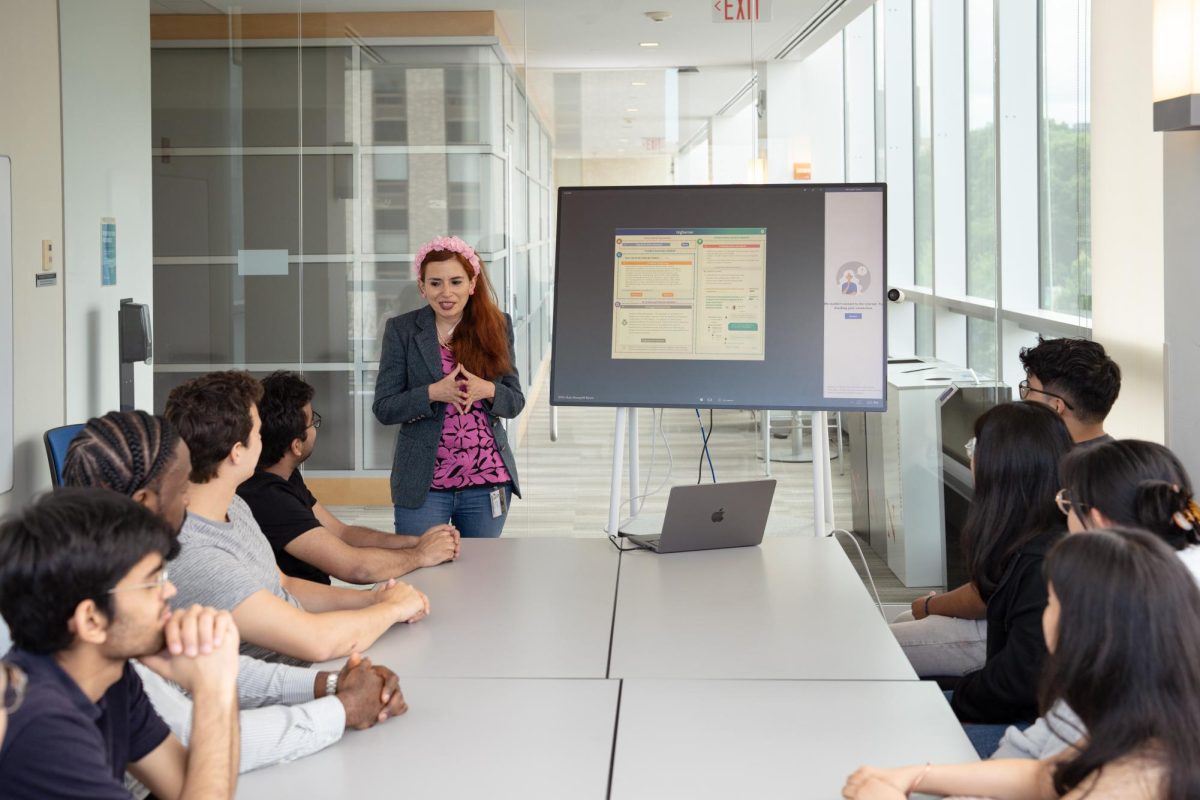Op-ed: European students should consider investing in Libra
October 9, 2019
You might find it unimaginable that a $20 bill could be worth less than its face value; however, for many European banks and high-income earners, 20 euros is no longer worth 20 euros.
Due to negative interest rates set by the European Central Bank, cash deposits currently have a negative value. We are already seeing evidence of these interest rates negatively impacting savers. When consumers are looking for an oasis from the decreasing value of conventional savings, they consider other means of payment with full value. Facebook’s recently-announced Libra cryptocurrency may be just what investors are in search of.
Libra is the Facebook-created version of blockchain and is forecasted to launch next year. The Libra association consists of Facebook and 27 other prominent organizations who will manage the currency and its transactions.
European students stand to gain if they invest in Libra because they can avoid Europe’s negative federal interest rate, which began June 11, 2014. The negative interest rates cause private European banks to pay interest on their deposits in the federal bank, rather than gaining interest on them. These deposits made by private banks originate from private savings accounts, and the banks pay interest both to the central bank and customer. Hence, the cost of interest on deposits makes the cash undervalued and inefficient for the bank.
Consequently, we have seen a phenomenon where some European banks charge customers an interest on their private deposits in order to pay the interest owed to the federal bank. Even though this effect has only occurred to a minimal degree, it is getting increasingly imprudent to have savings accounts in Europe.
With a student body consisting of 18 percent international students, many of whom are from Europe, international students will likely be impacted by these negative interest rates. Many European international students depend on their savings to pay for their living costs and tuition, making Libra an attractive option. Libra would allow students to bypass the negative interest rates and accrue more savings.
Additionally, international students would not have to pay fees or wait long periods for international transactions while studying in the United States. Libra is also reliable because it is backed up by real assets, such as short-term government securities, making it safer since investors actually own a part of the basket of assets. Compared to Bitcoin and other cryptocurrencies, Libra has intrinsic value. Libra is, as mentioned above, controlled by an entity consisting of representatives from various organizations and nonprofits, compared to other cryptocurrencies which are not controlled or regulated by any legislative body.
However, Libra comes with some added concerns compared to other cryptocurrencies including privacy fears, such as being hacked and plundered on assets, due to Facebook’s governance and digital risk. However, according to TechCrunch, if governments closely audit the development of Libra, they will minimize the risk of issues with privacy. Furthermore, as Libra will incorporate real assets, this would minimize the risk of being hacked.
International students are losing money because of Europe’s negative interest rates and will continue to do so until they seek other options. Given the benefits of Libra, I recommend that international students at Northeastern consider investing part of their savings in Libra over any other cryptocurrencies.
Adrian Tolstoy is a second-year economics and business administration combined major.








